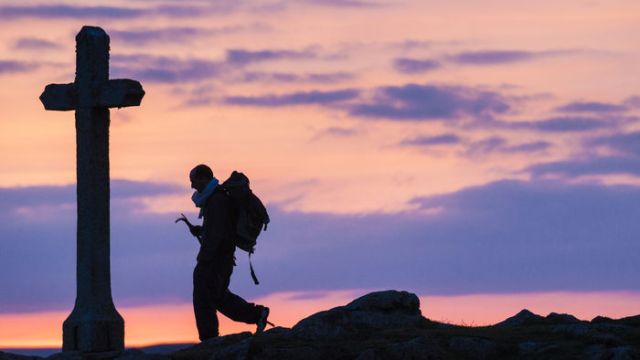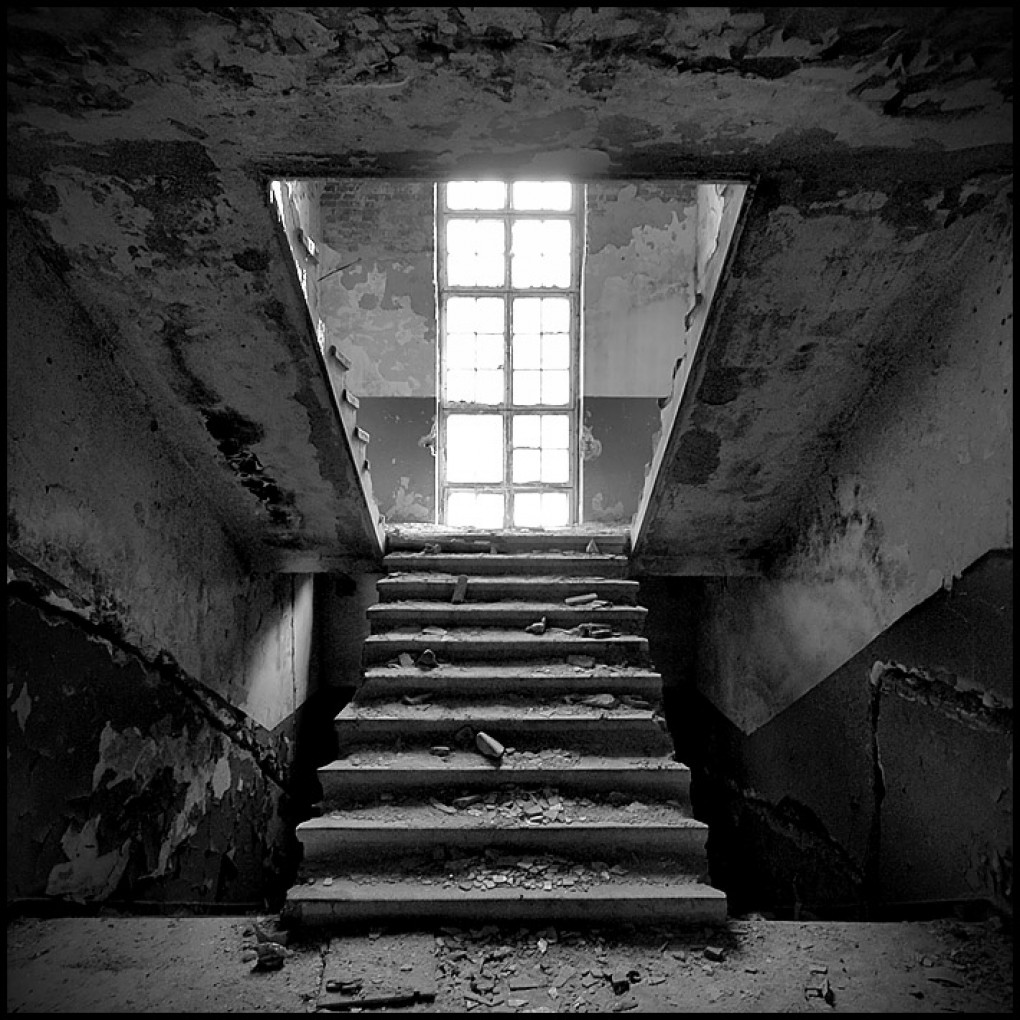
I live near a highway. I have been watching the ebb and flow of traffic while struggling to put into words my experience of the past months. Traffic, for all its technology and pollution, mirrors the natural progression of seasons here in the small tourist community where I live. The arrival of a carnival or vacationers over a holiday weekend affects us, disrupting the sleepy norm, leaving the town rattled, transformed and richer when the tourist tide recedes. My life was once like this.
Like any person with a lively intellect, my worldview is informed both by everyday events and the broader perspective on culture afforded by an internet connection. The tide rises and the news is absorbed, disrupting my sleepy norm. But lately, this tide has left me rattled and transformed but no richer.
The struggle for civilization is, like the struggle for self-actualization, an effort to tame the animal within. In this, our society increasingly resembles a zoo with its cages left open. The rush to assign blame for this state of affairs leads us into a wilderness of pointing fingers. Discussion of political differences, always passionate, has transformed into an ugly debate appropriating moral language. In an environment where political differences are shaded with religious overtones of good and evil, I felt the need to withdraw and reconsider some fundamental questions. And so on July 1st I undertook a thirty-one day period of spiritual reflection.
The 31 Days of St. Ignatius is a month-long course of prayer and contemplation during which participants are invited to consider a series of topics related to the Gospel and Jesuit spirituality. Classes are provided online and supplemented with additional material by e-mail. There was also an online forum and priestly counsel made available. Also, my ex-wife and neighbor Becky was also taking the course and she provided hours of lively conversation and reflection. I have always appreciated the intellectual symmetry of Jesuitical thought, taking solace in their scholarship and commentaries, their disciplined approach to faith and later, through personal acquaintance with Daniel Berrigan and John Dear, their activism. The Jesuits always seem able to strike a meaningful balance between engagement with the inner and outer worlds. With this goal in mind, I undertook the discipline. It proved a rigorous journey of self-examination, prayerful reflection and discussion.
I distilled many of my thoughts into journal form, offered for any lost in that wilderness of pointing fingers, perhaps overwhelmed by those beasts prowling once-civilized precincts.
REFLECTION ON EVIL
One of the most pervasive and commonplace evils of our time is the ease with which we attribute evil to others. Extreme demonstrations of human evil, driven by forces as disparate as greed, nationalism, egotism, ideological fervor should prompt a passionate response. But when we mistake passion for the response – where we are too swift to alarm, we will be swift to ascribe evil to others and dehumanize them. Much of the extremism I have experienced within myself occurred when I demonized those with whom I disagreed while remaining reluctant to examine my own ideological and activist excesses. The violent arguments convulsing society are informed at least partially by this truth: you cannot confront the evil in the world effectively until you confront the evil within oneself. My own failure to do so has invariably led to a lack of reflection and humility. With much cultural commentary larded with blame, there is very little left over to encourage self-reflection about personal shortcomings. Sadly, established religion often serves to cloud the waters and muddle discourse. Those who invoke religion as cover for inexcusable and inhumane policies would do well to consult their faith’s scriptures and look within. Some others of us might do well to check our righteous anger while also checking our privilege. Acknowledging one’s own flaws brings humility. Reflexively attributing evil to others can be a way to avoid that acknowledgement.
REFLECTION ON TRUTH
An honest examination of truth leads to an awareness that the truth can wound people. Indeed, it can kill. This might explain the human reluctance to face truth and a demonstrated preference to traffic in its direct opposite. Of course, we all know the sensation of being asked for our honest opinion when we know that obliging will inflict injury. We avoid speaking the truth to spare others pain. Perhaps this explains the visible absence of the Divine in our lives. To those who cry, “Where is God?” the answer: Be careful what you ask for. We can get a scale of the potential discomfort when we apply the standards of truth we have for others to ourselves. Try it sometime. Hold yourself to the same standard of truth and fairness to which you hold someone you don’t particularly like and see how you stack up. We not only spare others the truth – we often spare ourselves. This is an act of charity because to learn too much about ourselves too quickly can be a shattering experience. To be in the presence of God is to be exposed to the absolute truth about ourselves. His absence is an act of charity. Because being in the presence of absolute truth will shatter anyone.
“WHO DO YOU SAY THAT I AM?”
Labeling others, rightly or wrongly, according to their merit or dismissing people based on popular opinion or the say-so of others is common in human society. My own reluctance to embrace the traditional faith of my culture rests mostly in the evils done in its name. But working within the Jesuit tradition required me to approach the eminence of God-in-Christ, one outside my accustomed spiritual framework. I determined to try. We are enjoined to see the God within people, I told myself, so why not God as person? What began as an acceptance of Jesus as an subject of contemplation grew, given the norms of the faith, into a relationship with the idea of Christ. This proved an object lesson for me about things said about or done in others’ name. When asked if he is the King of the Jews, Christ responds: “You say that I am.” The statement refracts perfectly into the very problems of identity, culture and truth present in that moment. It also forces a distinction between the individual and what others say of him in a time and place of legal judgment. What I bring from this aspect of the retreat into my own life is a determination to spend more time sojourning and counseling with others and less time considering what is said or done in their name. I would like to think I would answer Christ’s words: “No, you tell me.” So I owe at least that much to others.
FINISHING THE JOURNEY/TELLING THE STORY
Many is the time I felt tempted to share some new thought or insight prompted by the course, but the 31 Days format discouraged it, and for this I am glad. My early thoughts were refined in contemplation and my understanding broadened as a result. This in a contrast with our culture of “hot takes” and opinion pieces crafted within an hour of a major news event. During the period of contemplation, it struck me how impoverished this new norm has left the marketplace of ideas. The pressures of a 24-hour news cycle, a global marketplace and instant global communication have combined to create a militantly non-reflective culture in which commentators do not so much think as react. The fastest to file the story owns that day’s news cycle. But how many individual mental journeys, I wondered, have been cut short by this phenomenon? My 31 Days reinforced for me the importance of contemplation and reflection. One need not necessarily unplug – just be a little quicker to reflect and slower to respond. Finish the journey before telling the story.
